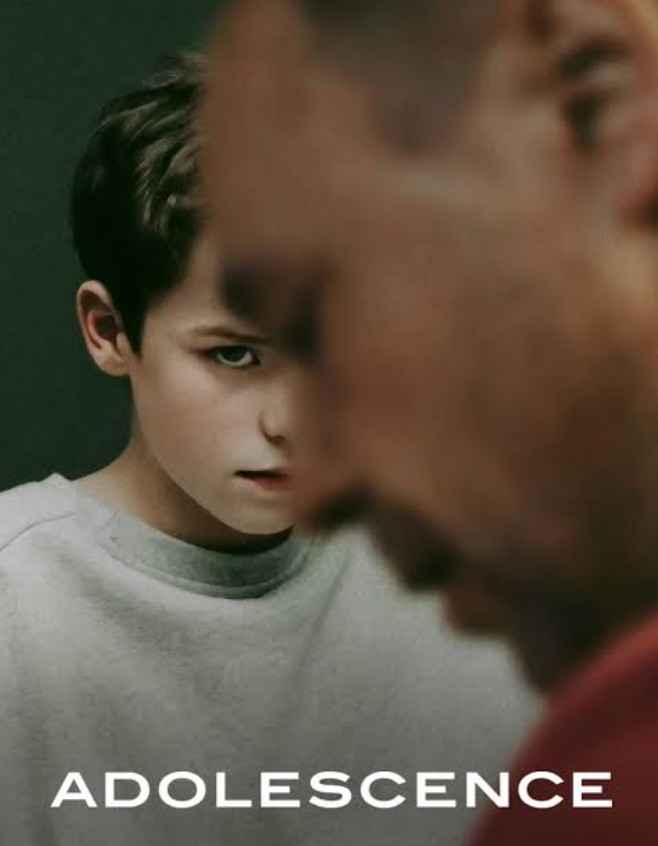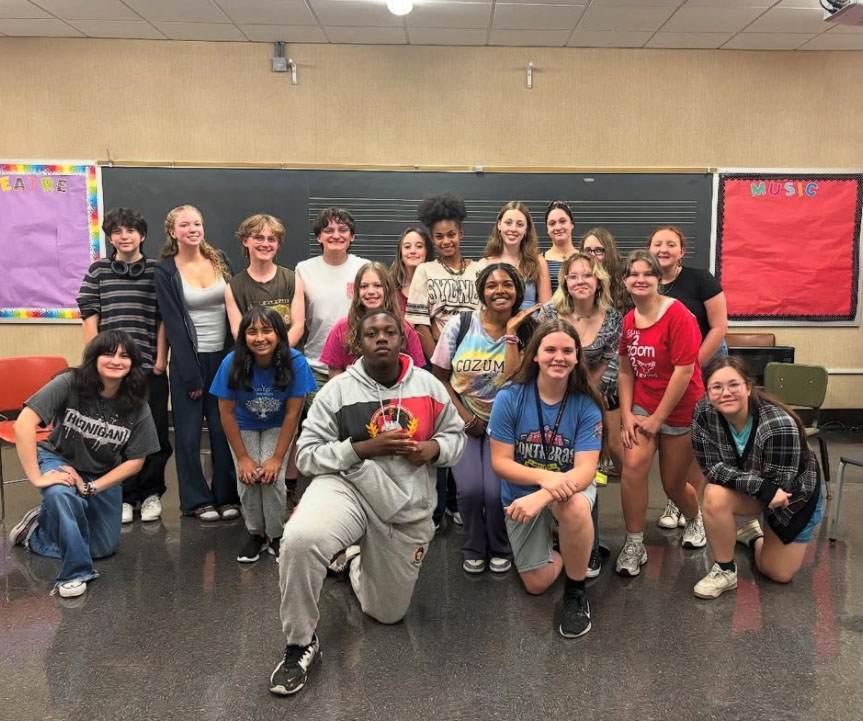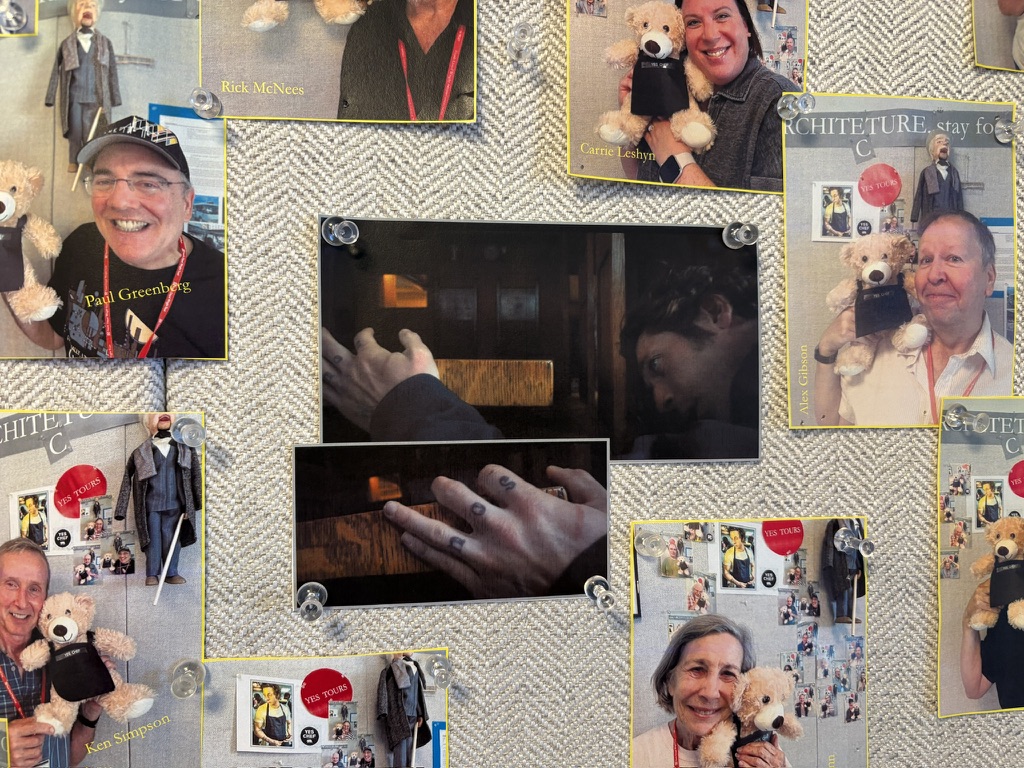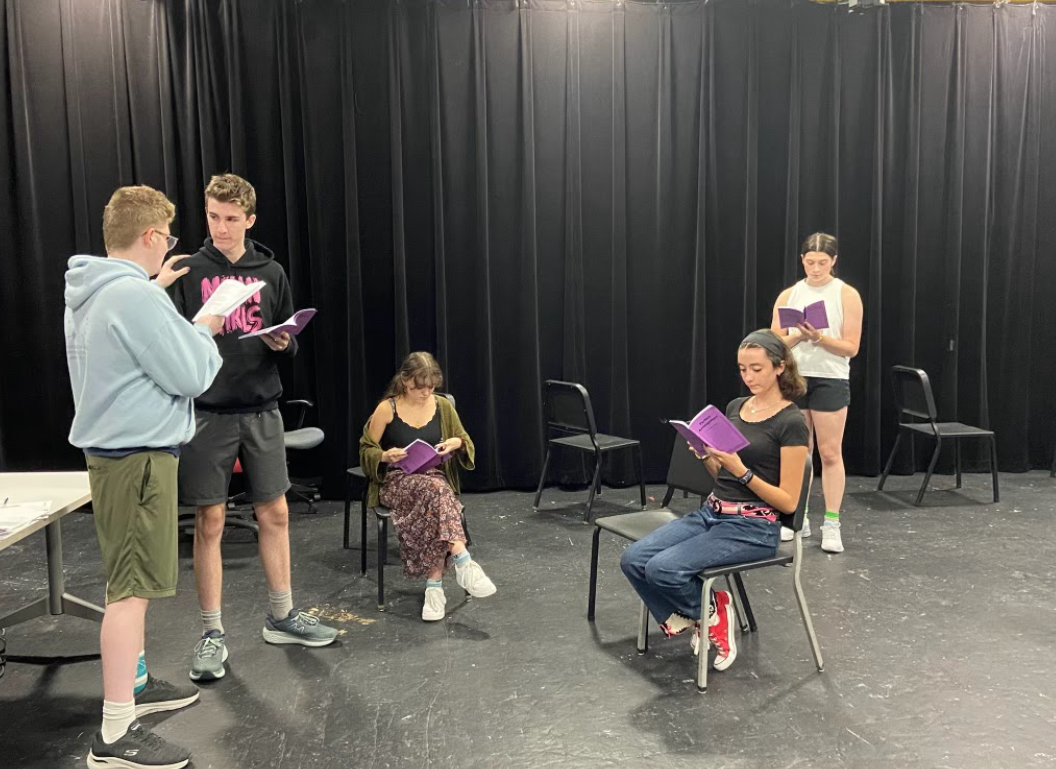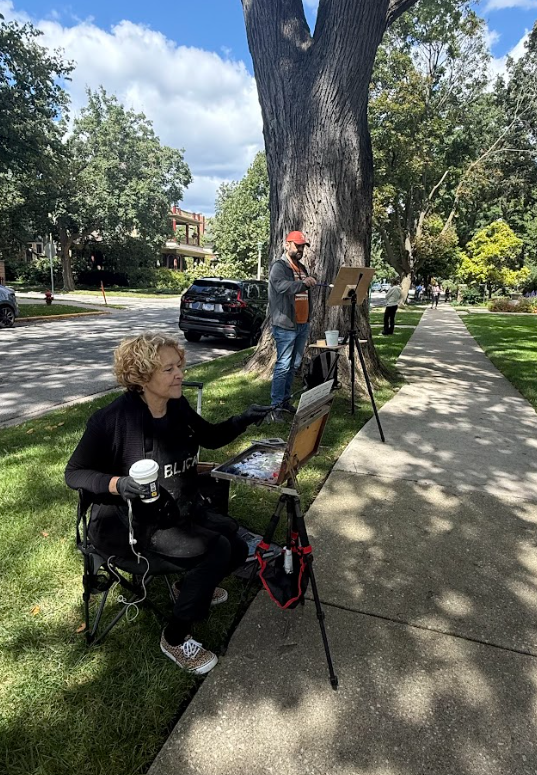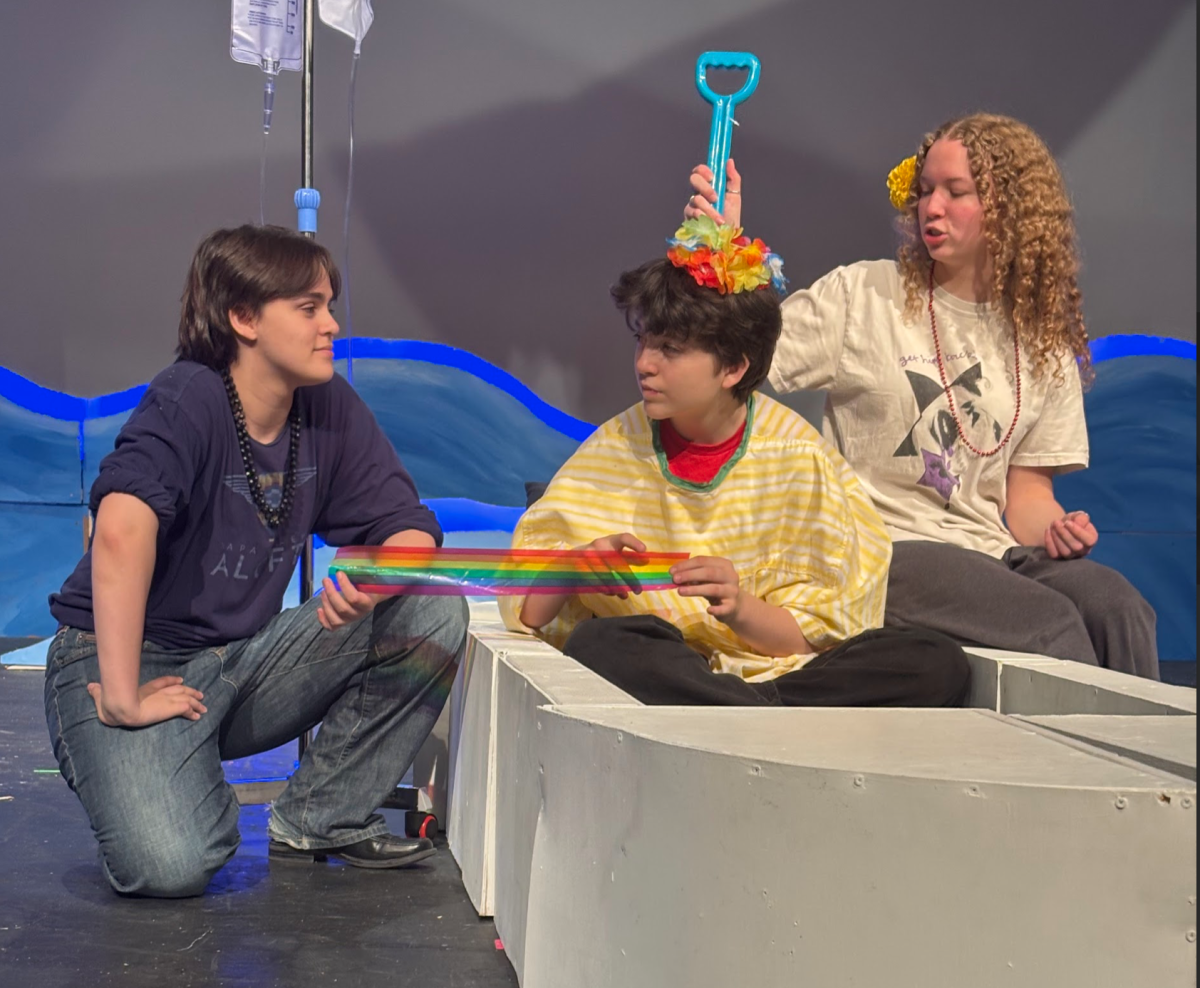“Adolescence,” written by Jack Thorne and Stephen Graham, and directed by Philip Barantini, has become one of Netflix’s biggest hits since its release on March 13. This four-episode drama is striking to say the least. It follows the story of 13-year-old Jamie, portrayed by Owen Cooper, who has been convicted of brutally murdering his classmate.
This series is a standout for all the right reasons, especially because each hour long episode was recorded in one single shot. Insane, right? They did this by using a DJI Ronin 4D camera that was able to move inside and out and be connected to a drone mid-shot, all while maintaining complete steadiness.
The movement of this camera was fascinating to watch on screen. One moment it was following behind a character and the next it was flying far distances to introduce a new setting. Filming in a single shot added an extra depth to the story. The emotions were more raw and it showed the processes, such as Jamie’s arrest in episode one, in real time. It kept me constantly engaged in the story.
This series dives deep into the aftermath of Jamie’s crime and what provoked him to commit it. It lets the viewers enter a world not familiar to most: the manosphere. The manosphere is better known as male-dominated online atmospheres that spread misogynistic ideologies to bring down modern women. These areas of the internet reach primarily young men such as Jamie.
Jamie was an insecure adolescent who was craving validation, but instead of talking about how he felt, he opened his computer screen, immersing himself into this world he found comforting.
I thought the portrayal of this toxic side of the internet was spot on. They mentioned certain dialects used on this side of the internet such as “the 80:20 rule” or the term “incel”, which were confusing to the adults investigating the case, yet understandable by the younger bystanders.
It’s a relevant representation of society today, showing the distinct line between the older and younger generations when consuming information. I know that if I showed my parents a standard Instagram comment section, they wouldn’t understand anything these people were saying. I feel this is something very important to consider, especially in juvenile crime cases.
In “Adolescence,” we learn about Jamie’s bad behaviors in school and his problematic Instagram profile, yet they never really come to the surface. We never get a straight answer as for why Jamie did what he did. Instead, it leaves you to ponder what we, as members of this flawed society, can do to notice these signs that Jamie had shown. What we, as friends or family to a young man, can do to prevent these toxic influences from reaching them–because bad influences can be picked up not only from the environment you’re living in, but the environment in your phone.
“Adolescence” portrays a reality we don’t normally see in cinema: that bad people can come from good families. Whenever I read about crimes involving children, it’s easy for me to assume that the way they were raised had something significant to do with the decisions they had made. But that is not always the case.
The aftermath of Jamie’s crime forced his parents, Eddie and Manda, to reflect on themselves as parents. They thought it was their fault, that they must have done something wrong in raising their boy for him to do something this horrible. It had to have been them. But the truth was, they were not bad parents. They could not blame themselves for his actions. He needed to take accountability for the decision he had made and the life that he cost. Episode 4, the final episode, reflects this deeply.
The first three episodes are all about Jamie. We see him getting arrested and the detectives studying the case. But the last episode focuses on his parents, an interesting perspective that I thought was entirely necessary.
Seeing the mark Jamie’s crime had left on his family was devastating to watch. They had lost their son forever, and now had to manage to live their lives without him in it, being fully aware of the damage he had done.
“Adolescence” does such a great job in portraying these complex emotions in these long yet detailed shots. As I watched, I could tell how precisely the angles, camera movements and even background characters were planned out. In the end, it truly painted a beautiful picture.
This series was eye-opening, as it allowed us to conjure our own analysis about Jamie while thinking deeply about our own lives and understanding. “Adolescence” easily takes the spot as one of Netflix’s greats, and it is a show I couldn’t more highly recommend.

